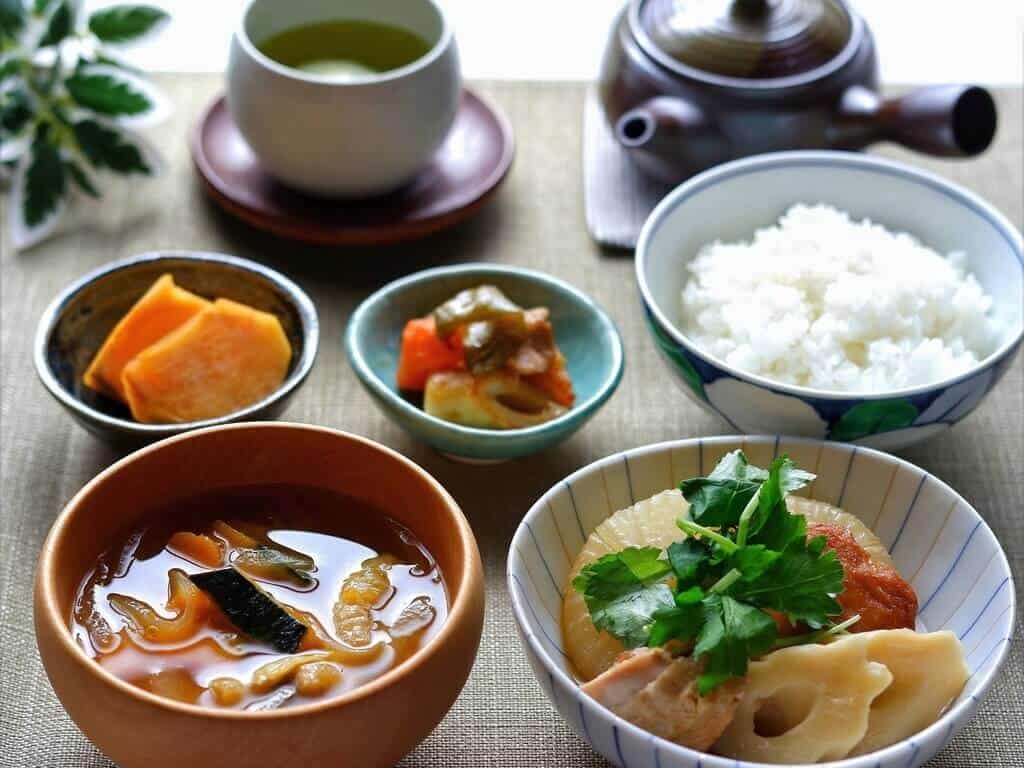
Washoku (和食) is the traditional cuisine of Japan, and is translated as "Japanese food" or "Japanese cuisine."
Washoku, the traditional Japanese cuisine, is a profound culinary experience where culture, nature, and flavors converge. It uses fresh, seasonal ingredients and emphasizes a harmonious balance of flavors, colors, and textures, reflecting Japan's deep cultural connection to nature. Washoku encompasses various food forms, from everyday meals to ceremonial dishes with roots in Zen Buddhism and hospitality to the gods. It primarily includes rice, soup, vegetables, and pickles, featuring simple preparation methods and an emphasis on seasonality and umami. Sushi, karaage, tempura, miso soup, and udon are popular dishes that reflect this culinary philosophy. Recognized as a UNESCO Intangible Cultural Heritage since 2013, Washoku is not only about food but a reflection of Japanese tradition and values such as balance, seasonality, and mindful eating. It highlights umami to enhance flavors, maintains nutritional balance, and emphasizes quality over quantity, promoting healthy eating habits.